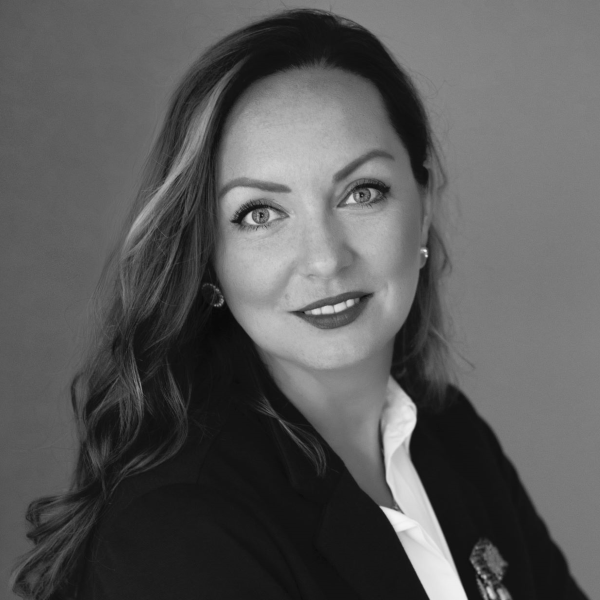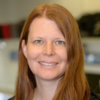Author: Pia Henzelmann, Events Experience Director (PMI CH)
Dear PMI Members and Friends,
By now, I can imagine that you must have seen a LinkedIn post or two of the expert speakers at the 13th Project Management Conference, or some of your peers have asked you whether you are attending on September 23rd in Lausanne. Excitement is indeed building up around the PM Conference, so I am taking this opportunity to share with you the reason!
Let me start by sharing some insights on our All-day Program, which our team has worked tirelessly on. Our top focus during the initiation of this event was to provide exclusive and quality content on major topics revolving around AI n Project Manager. Making every effort to ensure this, our Speaker Team interviewed around fifty speaker applications, covering topics such as:
- AI & People
- Human Excellence
- Industry Use Cases
- Legal & Sustainability
- Transformation
After countless hours conducting virtual interviews and rigorous assessments, the Conference Speaker Team narrowed their proposal to fifteen sessions, which comprised several talks, three industry use case sessions, and two workshops. On top of this, we are fortunate to have secured a Keynote presentation from Capture, our Gold Sponsor's, on AI-Driven Transformation. I will not delve further into the details of each session, or how much you will benefit from the event - Let's be honest... that's what every event claims! I take pride in the program that we have created, so I will let our program page do the talking.
A further reason that we are so excited for the PM Conference is that apart from having sessions from seasoned experts, this year's program is designed to deliver novel formats, with the aim that attendees will gain at least one new experience, in one form or another. Experimental formats available for participants include:
- Ask Me Anything Session
- Unconference
- PechaKucha Session
- Brain Date for PM Conference LinkedIn Networking Group
Beyond the program, it is our hope that attendees delight in simple, yet thoughtful moments, whether it be in mindful short breaks between sessions, or having personal freedom to choose between sessions according to their own personal preferences. And as attendees will no doubt have difficult choices to make, we have scheduled the top two in-demand sessions to occur twice so that you do not miss out.
There is also an abundance of networking opportunities, the first of which already available to registrants - The PM Conference LinkedIn Networking Group. Attendees will also have the opportunity to engage with our Sponsor and Partners at their dedicated stands, and of course, the chance to create new connections during the 3-course lunch and post-event Apéro.
Be on the lookout for the onsite AI experience - an exciting addition to the event!
Lastly, and tying back to my first point, it is clear that AI is generating a lot of buzz, with umpteen new trends emerging almost daily. The novelty of AI is exciting, yet navigating through all of this, while still trying to apply it to projects, can be overwhelming. The 13th PM Conference offers you the chance to learn from experts who have already traversed this landscape and can distinguish between passing fads and real innovations. By connecting with professionals who have this practical experience, you will gain a clearer understanding of which technologies are truly impactful.
Should you not yet have secured your spot for the PM Conference 2024, I hope that what I have shared has spurred you to seize the opportunity to attend this exciting experiential event - Reserve your spot now!
I look forward to meeting you on September 23rd in Lausanne!
Best regards,
Pia Henzelmann
PM Conference Lead






